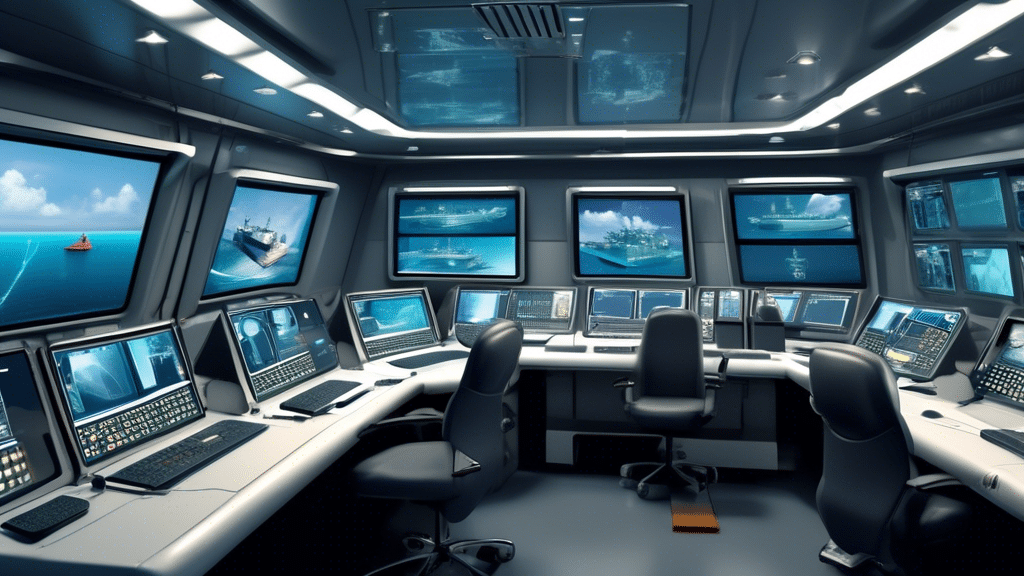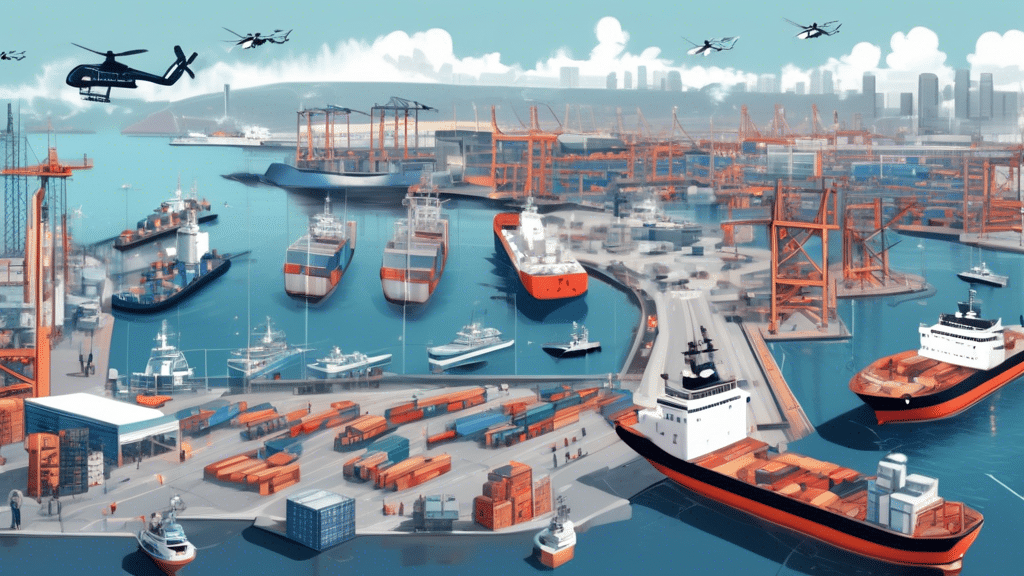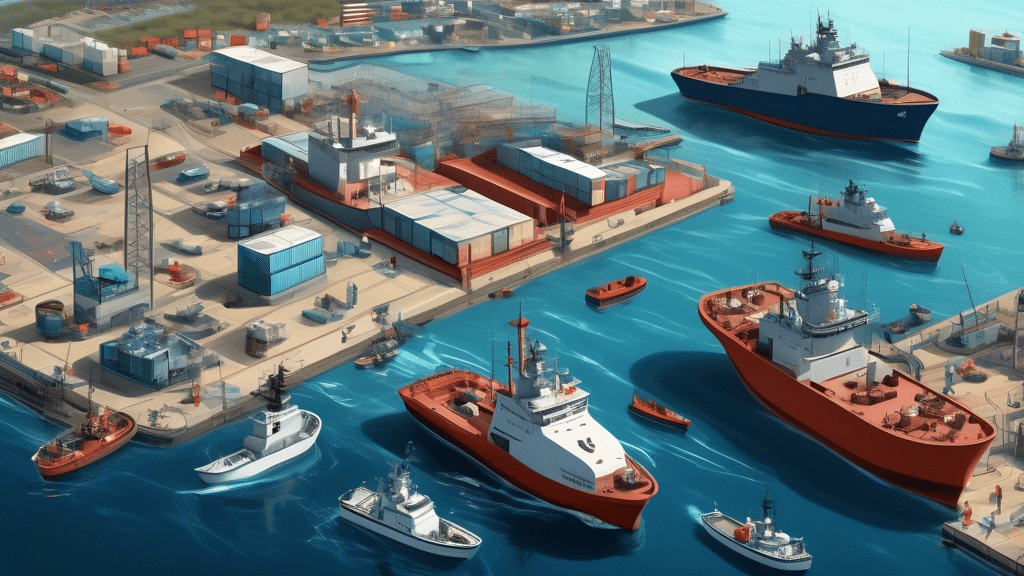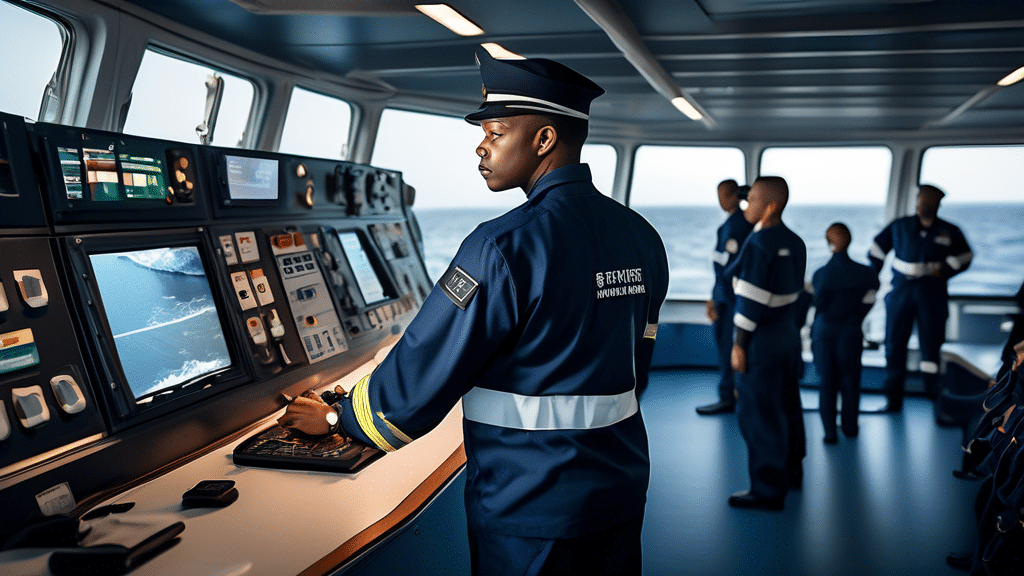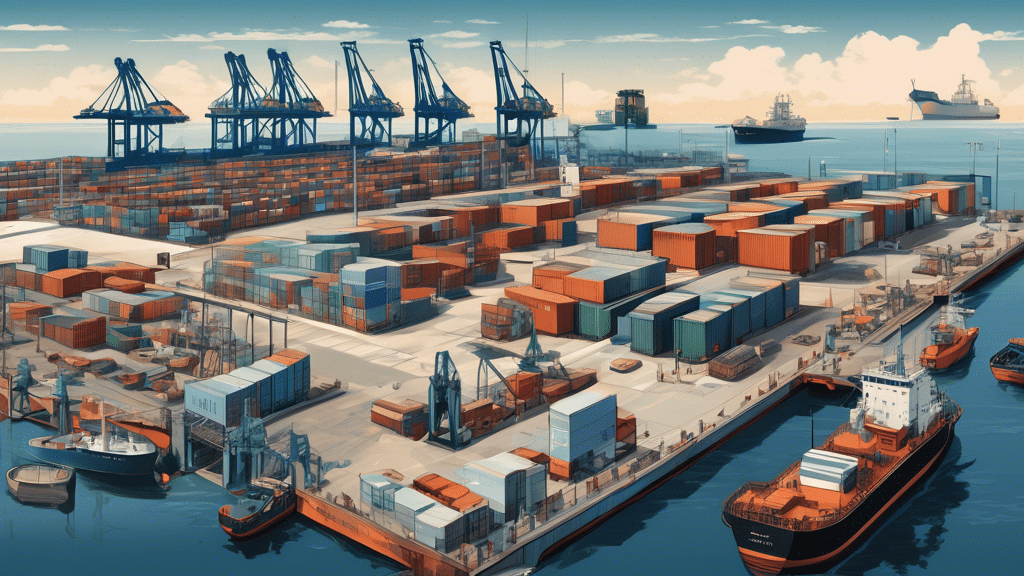In an increasingly interconnected world, the security of maritime vessels and their crew has become a topic of paramount importance. Whether in commercial shipping, fishing, or recreational boating, the potential threats at sea are numerous and varied. This article explores the critical importance of security awareness and vigilance at sea, and discusses how these elements contribute to safer maritime operations.
Understanding Maritime Security Threats
Maritime security threats encompass a wide array of dangers that could disrupt the safe and lawful use of the seas. These threats include piracy, smuggling, human trafficking, terrorism, and cyber-attacks on ship’s electronic systems. Each of these threats requires a specific set of responses and heightened awareness to ensure the safety of the vessel, its crew, and its cargo.
Piracy
Piracy remains a significant concern in specific regions, notably around the Horn of Africa, the Gulf of Guinea, and parts of Southeast Asia. Modern-day pirates are often well-armed and organized, posing a severe risk to maritime operations. Awareness and preparedness can mitigate these risks, allowing crew members to respond quickly and effectively to any immediate threats.
Smuggling and Human Trafficking
Smuggling and human trafficking are persistent issues in many parts of the world. Criminal organizations exploit maritime routes to move contraband and people across borders undetected. Vigilance by the crew, coupled with familiarity with common signs of smuggling activities, is essential in identifying and reporting suspicious behavior to the authorities.
Cybersecurity Threats
The increasing reliance on digital systems aboard vessels has introduced new vulnerabilities. Cybersecurity threats can include hacking attempts aimed at navigation systems, communication networks, and even cargo manifests. Knowledgeable and vigilant crew members can prevent or mitigate such attacks by following best practices for cybersecurity, including regular updates and strict access controls.
The Role of Training in Enhancing Security Awareness
Effective training is vital to develop and maintain high levels of security awareness among seafarers. Regular drills and exercises simulate potential scenarios, allowing crew members to practice their responses in a controlled environment. Comprehensive training programs should cover a range of topics, including:
Risk Assessment and Management
Understanding how to identify and assess risks is a fundamental part of maritime security training. Crew members learn to recognize potential threats, evaluate their severity, and determine the appropriate mitigation strategies.
Emergency Procedures
Training on emergency procedures ensures that crew members know how to respond swiftly and efficiently in a crisis. This might involve executing safety protocols, deploying defensive measures, or coordinating with maritime authorities.
Cybersecurity Best Practices
Given the rising threat of cyber-attacks, cybersecurity training is more important than ever. Crew members should be educated on the latest cyber threats, secure communication practices, and how to protect sensitive information from unauthorized access.
Technological Aids in Maritime Security
Advancements in technology play a crucial role in enhancing security measures at sea. From surveillance systems to automated alerts, these tools support crew efforts in maintaining a secure environment on board.
Surveillance and Monitoring Systems
Modern ships are often equipped with advanced surveillance and monitoring systems, including radar, sonar, and CCTV. These systems help detect intrusions or unauthorized activities, giving crew members valuable time to react.
Automated Identification Systems (AIS)
AIS technology enables the identification and tracking of vessels in real-time. This allows ships to maintain situational awareness, avoid collisions, and detect potentially suspicious vessels early.
Community and Cooperation in Maritime Security
Security at sea is not an isolated endeavor. It requires a collaborative approach involving international cooperation, information sharing, and mutual assistance among maritime stakeholders. Organizations such as the International Maritime Organization (IMO) and regional security initiatives offer a framework for this cooperation.
Information Sharing
Sharing intelligence and information about potential threats and incidents enables a coordinated response. Such exchanges help in building a comprehensive picture of maritime threat landscapes, allowing for better preparation and response strategies.
Joint Patrols and Operations
Collaborative efforts, such as joint naval patrols and maritime exercises, enhance security in high-risk regions. These operations deter criminal activities and provide a rapid response mechanism in the event of an incident at sea.
In summary, the importance of security awareness and vigilance at sea cannot be overstated. Through a combination of training, technology, and cooperation, seafarers can navigate the complex landscape of maritime threats, ensuring the safety of their vessels, crew, and cargo.





